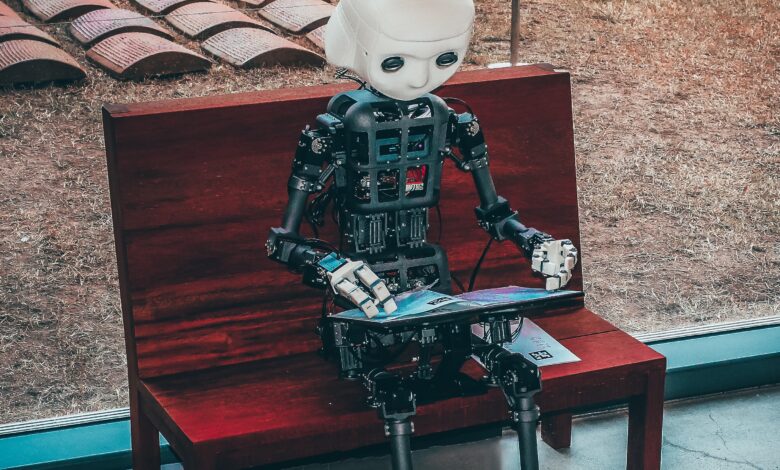The Perilous Path: Unveiling the Dangers of Artificial Intelligence

Artificial Intelligence (AI) has undoubtedly emerged as one of the most transformative technologies of our time, promising unprecedented advancements and possibilities. From self-driving cars to virtual personal assistants, AI has made remarkable strides in reshaping various aspects of our lives. However, amidst the marvels it offers, there lies a growing concern— the potential dangers that AI poses to society. In this blog post, we will delve into some of the significant risks associated with AI and shed light on the importance of responsible development and deployment.
- Bias and Discrimination
AI systems learn from vast amounts of data, and if the training data is biased, it can lead to discriminatory outcomes. Inadequate representation of certain groups or perpetuation of existing societal biases can result in biased decisions, such as in hiring, criminal justice, or loan approval processes. If left unchecked, AI could exacerbate inequality and reinforce societal divisions.
- Job Displacement and Economic Impact
The rapid advancement of AI technology has raised concerns about its potential impact on employment. As AI becomes increasingly capable of automating tasks traditionally performed by humans, there is a valid apprehension about widespread job displacement. Certain sectors, such as manufacturing and transportation, are particularly susceptible. Without proper measures in place, this could lead to significant socioeconomic challenges, including unemployment and income inequality.
- Security and Privacy
The proliferation of AI brings about new security threats and privacy concerns. AI systems, if compromised, can be weaponized for malicious purposes, amplifying the potency of cyber-attacks. Additionally, the collection and analysis of vast amounts of personal data raise privacy concerns. Unauthorized access to sensitive information can lead to surveillance, identity theft, or targeted manipulation, posing a threat to individuals and organizations alike.
- Lack of Accountability and Transparency
The complexity of AI algorithms often makes it challenging to understand the decision-making process behind AI-driven systems. This lack of transparency and accountability raises ethical concerns. If AI systems make errors or operate in a manner that contradicts human values, it becomes difficult to assign responsibility. This opacity hinders public trust and may impede the adoption of AI in critical areas such as healthcare and autonomous vehicles.
- Autonomous Weapons and Uncontrolled AI
The development of autonomous weapons systems raises ethical dilemmas and potential dangers. AI-driven weaponry can make decisions about life and death without human intervention, leading to the loss of human control. This poses significant risks of accidental escalation, uncontrolled conflicts, or the deployment of AI in malicious ways. International efforts are crucial to establishing ethical guidelines and regulations to prevent the misuse of AI technologies in the context of warfare.
Conclusion:
While AI holds immense potential for positive impact, it is essential to recognize and address the dangers it presents. To ensure a future where AI is a force for good, stakeholders must prioritize responsible development and deployment. Building unbiased and transparent AI systems, safeguarding privacy and security, and establishing ethical standards are critical steps. Additionally, collaboration between policymakers, researchers, and the industry is necessary to navigate the challenges and steer AI towards a future that benefits humanity as a whole. With careful consideration and responsible actions, we can harness the power of AI while mitigating its risks, ultimately shaping a safer and more equitable world.




